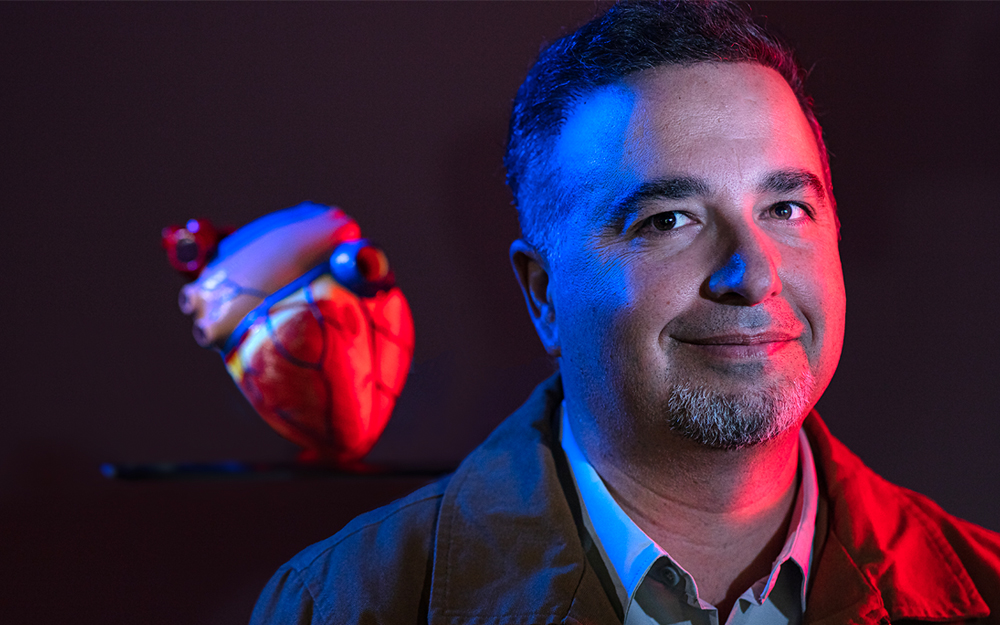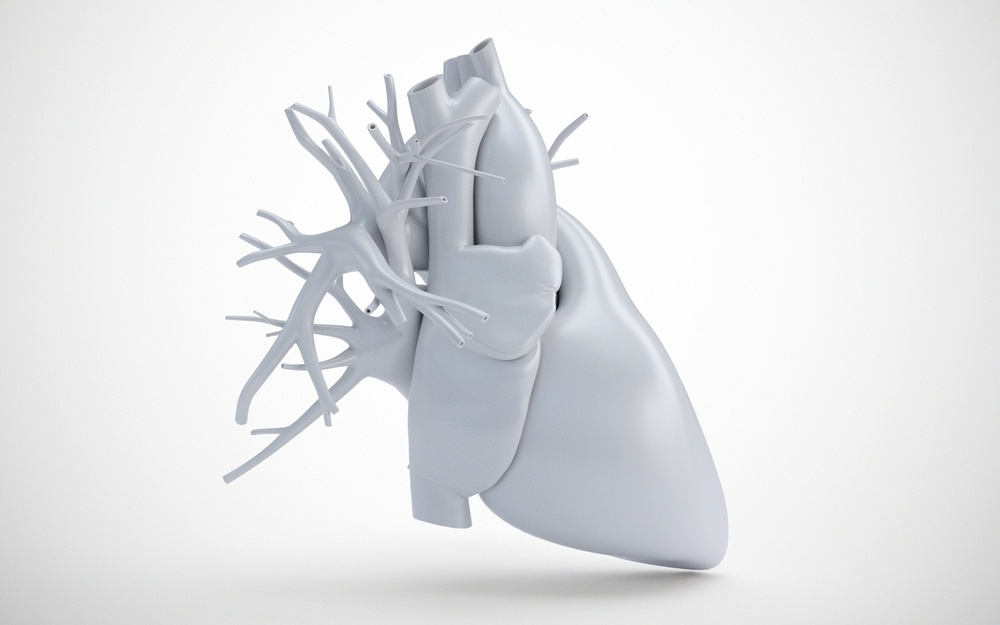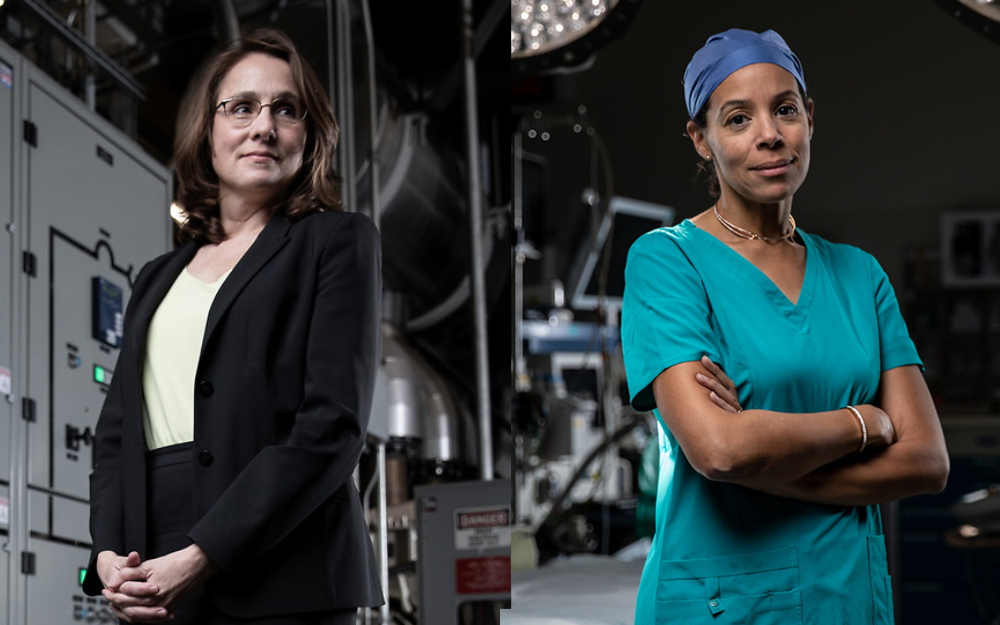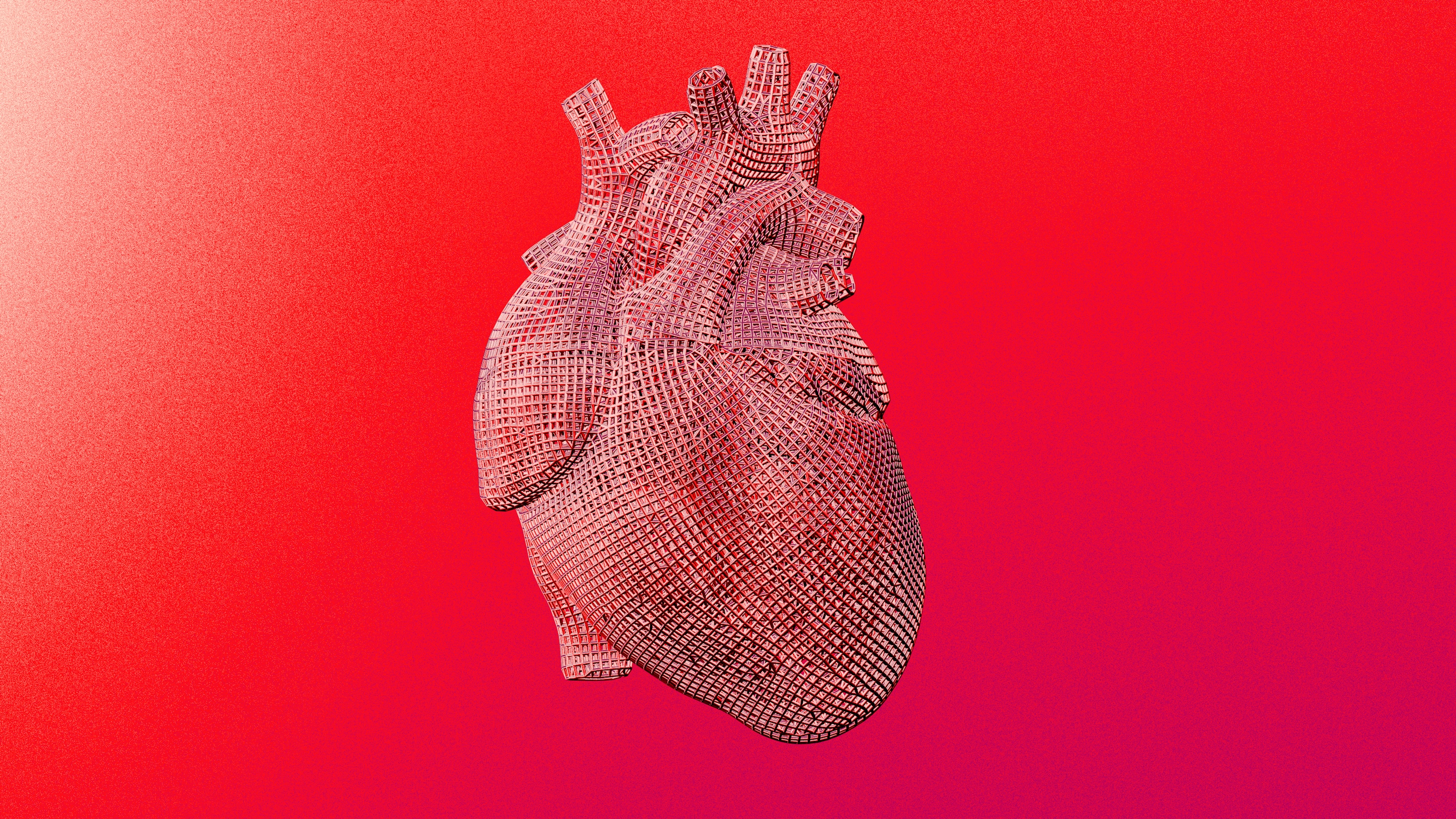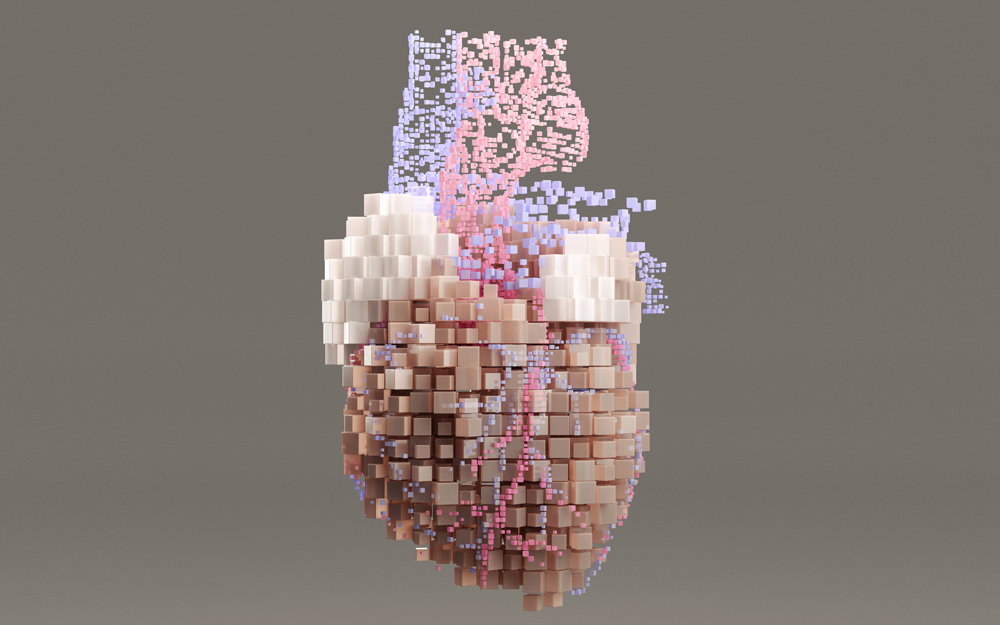Heartfelt Support
Date
June 2, 2022
Credits

Date
June 2, 2022
Credits
Medical providers featured in this article
In Brief
{{cta-block}}
Heart assist devices underused in older patients
For patients with heart failure who are unable to undergo heart transplantation, cardiac surgeons sometimes turn to mechanical left ventricular assist devices (LVADs) to get the blood flowing properly. Patients over age 75 who are otherwise healthy should be provided the option more often than they are, according to a Smidt Heart Institute study.
The research, conducted through the Interagency Registry for Mechanically Assisted Circulatory Support, reviewed national data from more than 24,000 patients who had LVADs implanted to treat advanced heart failure.
“I’ve treated some patients in their late 70s who had previously been very active and, after getting their LVAD, sent me pictures of themselves resuming activities they once loved—like travel and sports,” says Dr. Dominic Emerson, associate surgical director of Heart Transplant and Mechanical Circulatory Support. Emerson served as lead author of the research.
Fear of complications such as stroke, bleeding and infection has made some physicians wary of suggesting LVADs for elderly patients. But it’s time to reevaluate who might benefit from the devices, notes Dr. Joanna Chikwe, founding chair of the institute’s Department of Cardiac Surgery and the Irina and George Schaeffer Distinguished Chair in Cardiac Surgery in honor of Alfredo Trento, MD. “For many patients with advanced heart failure, newer-generation LVADs are transformational,” she says.
These LVADs are smaller than older models—half the size of a fist, rather than the previous dinner-plate dimensions—and use new technology to reduce blood clots and infection.
The researchers found that patients receiving these newer LVADs experienced fewer device failures, less blood clotting within the device, and lower rates of infection and stroke than patients with previous-generation devices.
Patients older than 75 even experienced fewer LVAD-related complications than their younger counterparts.
